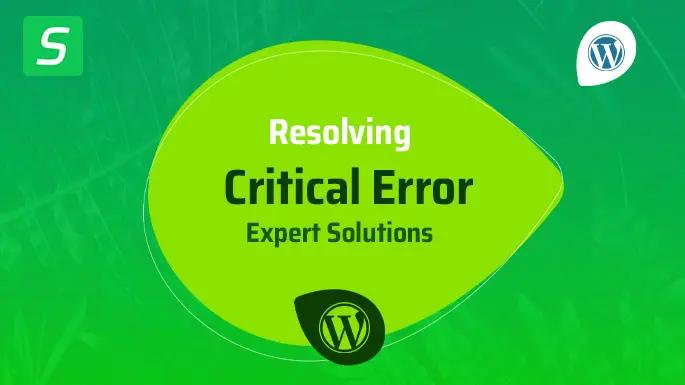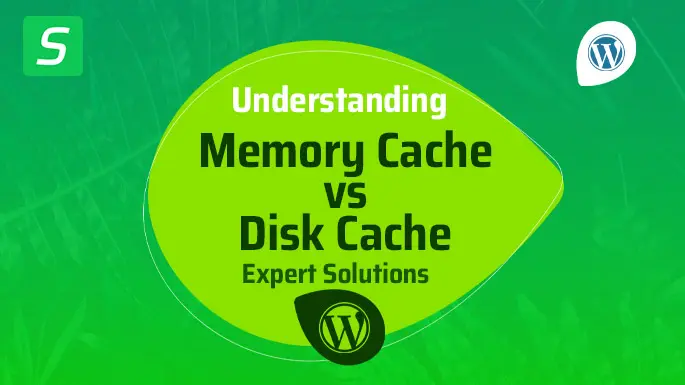Introduction
Selecting the right e-commerce platform is critical for online businesses. WooCommerce vs Shopify, Two of the most popular options, WooCommerce and Shopify, offer distinct features, capabilities, and trade-offs. Understanding their pros, cons, and suitability for different business needs is essential in making an informed choice. The realm of e-commerce is replete with diverse platforms catering to various business needs. Among the most renowned contenders are WooCommerce and Shopify. Understanding their nuances, strengths, and weaknesses is vital to selecting the perfect fit for your online business venture.

WooCommerce vs Shopify Full Comparison
WooCommerce: WooCommerce is a plugin for WordPress, making it an excellent choice for those already familiar with the WordPress environment. It’s open-source, providing flexibility and customization options through themes and plugins. With WooCommerce, users have complete control over their online store’s design and functionality.
Shopify: Shopify, a standalone platform, offers an all-in-one solution for building and managing an online store. It’s user-friendly and doesn’t require technical expertise, making it ideal for beginners. Shopify handles hosting, security, and updates, streamlining the setup process.
Unveiling WooCommerce
Overview:
WooCommerce stands out as a robust e-commerce plugin built for WordPress. Renowned for its flexibility and customization capabilities, it empowers businesses to create fully functional online stores within their WordPress websites.
Pros:
- Flexibility & Customization: As an open-source platform, WooCommerce offers extensive customization options. Users can tailor their stores using themes, plugins, and code modifications to suit specific business requirements.
- Cost-Effective: The core WooCommerce plugin is free. Businesses can build and launch stores without significant initial investments.
- WordPress Integration: Seamless integration with WordPress allows leveraging the CMS’s user-friendly interface for managing content and products.
- Scalability: Suited for small startups to large enterprises, WooCommerce scales effectively with business growth.
Cons:
- Technical Knowledge Required: Customization often necessitates technical proficiency or the assistance of developers.
- Hosting & Maintenance: Self-hosted, which means managing hosting, security, and updates falls on the user.
- Add-ons for Advanced Features: Some advanced functionalities require additional plugins or extensions, potentially incurring extra costs.
In-depth Analysis:
Customization and Flexibility:
WooCommerce’s adaptability allows businesses to tailor their stores to specific brand aesthetics and operational needs. From modifying themes to integrating third-party extensions, users have unparalleled control over their online presence.
Pricing:
While the core plugin is free, expenses might accrue from purchasing premium themes, extensions, or add-ons to access advanced features or integrations. Hosting costs and maintenance should also be factored in.
Why Choose WooCommerce?
- Ideal for businesses desiring extensive customization options.
- Well-suited for those familiar with WordPress or seeking WordPress integration.
Unraveling Shopify
Overview:
Shopify stands as an all-in-one hosted e-commerce platform, offering an intuitive interface and a comprehensive suite of tools to build and manage online stores.

Pros:
- User-Friendly: Shopify’s interface is intuitive, making it accessible to users with minimal technical knowledge.
- Hosted Solution: Eliminates the need for separate hosting and provides security and maintenance, simplifying the user experience.
- App Store: Offers a vast array of apps and integrations to extend functionalities and enhance store capabilities.
- Customer Support: Reliable customer service and a wealth of resources for users.
Cons:
- Monthly Fees: Requires a subscription, with costs dependent on the chosen plan and additional transaction fees for third-party payment gateways if not using Shopify Payments.
- Customization Limitations: While customizable, Shopify might not provide the same level of flexibility as WooCommerce, especially for intricate modifications.
In-depth Analysis:
Ease of Use:
Shopify’s user-friendly interface is lauded for its simplicity. Setting up and managing an online store requires minimal technical expertise, empowering entrepreneurs to focus on their business rather than intricate technicalities.
Pricing:
Shopify operates on a subscription-based model, with plans ranging from basic to advanced features. Transaction fees might apply for external payment gateways, impacting overall costs.
Why Choose Shopify?
- Suitable for beginners or those seeking a hassle-free setup.
- Ideal for businesses valuing simplicity, comprehensive support, and built-in security.
A Comparative Table:
| Aspect | WooCommerce | Shopify |
|---|---|---|
| Customization | Extensive | Moderate |
| Ease of Use | Moderate to Advanced | Beginner-Friendly |
| Cost | Initial Free, Add-ons may accrue costs | Subscription-based, transaction fees |
| Hosting & Maintenance | Self-Hosted, Requires Management | Hosted Solution, Managed by Shopify |
| Support & Resources | Community-Driven, Varied Support | Robust Customer Support, Extensive Resources |
| Scalability | Highly Scalable | Easily Scalable |
Pricing Comparison:
- WooCommerce: Initial setup costs may be lower, but expenses for hosting, add-ons, and maintenance can vary widely based on requirements.
- Shopify: Monthly subscription fees range from basic to advanced plans, offering varying levels of features and support.
FAQs:
Which platform is better for beginners?
- Shopify is generally favored for its ease of use and comprehensive support, making it more suitable for beginners.
Which platform is more customizable?
- WooCommerce provides extensive customization options, ideal for businesses seeking intricate modifications and complete control over their store’s design and functionality.
What about scalability?
- Both platforms are highly scalable. WooCommerce is adaptable to business growth through various plugins and extensions, while Shopify offers seamless scaling through its subscription plans.
Conclusion:
Choosing between WooCommerce and Shopify hinges on your business’s specific needs, technical expertise, and preferences. WooCommerce appeals to those desiring extensive customization and control, while Shopify caters to beginners or businesses valuing simplicity and robust support. Assessing your priorities and aligning them with the unique features of each platform will guide you toward the most suitable choice for your e-commerce venture.
In the dynamic landscape of online commerce, the right platform becomes the foundation for success. Whether it’s the flexibility of WooCommerce or the user-friendly nature of Shopify, understanding their intricacies is pivotal in making an informed decision.





